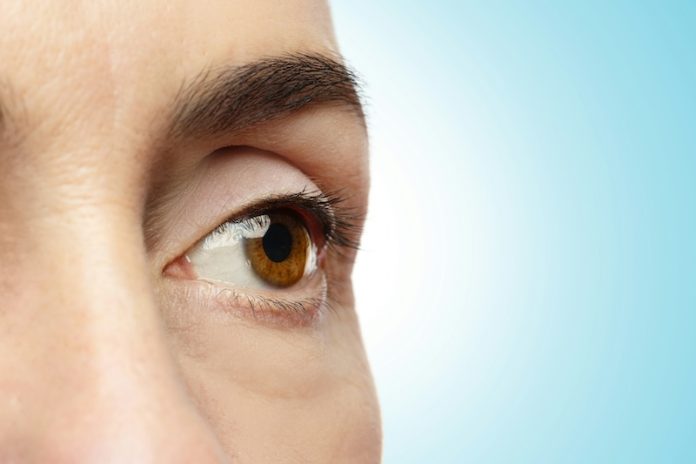
Vision loss can significantly impact daily life, affecting everything from reading and driving to recognizing faces and navigating environments.
While some causes of vision impairment are preventable or treatable, others may lead to permanent changes in vision.
This review provides a straightforward look at the common causes of vision loss, highlighting research and evidence in language accessible to all.
One of the leading causes of vision loss globally is age-related macular degeneration (AMD). This condition primarily affects the central part of the retina, known as the macula, which is crucial for sharp, detailed vision. AMD typically occurs in two forms: dry and wet.
The dry form, which is more common, involves the gradual thinning of the macula, while the wet form involves abnormal blood vessels growing under the retina, leaking fluid, and causing damage.
Research indicates that factors such as aging, genetics, smoking, and diet (particularly low intake of antioxidants and high intake of saturated fats) play significant roles in the development of AMD.
Another major cause of vision impairment is cataracts, a clouding of the eye’s natural lens. Cataracts develop slowly and can affect one or both eyes. The primary risk factor for cataracts is age, but other factors include diabetes, prolonged exposure to sunlight, smoking, and certain medications.
Early cataract symptoms may be improved with new glasses, brighter lighting, anti-glare sunglasses, or magnifying lenses. If these measures do not help, surgery is the only effective treatment to restore vision.
Glaucoma, often called the “silent thief of sight,” is a group of diseases that damage the eye’s optic nerve, which is vital for good vision. This damage is often caused by abnormally high pressure in the eye.
Glaucoma is particularly dangerous because it can progress undetected until a significant amount of vision is lost. Regular eye exams are crucial because early detection and treatment can preserve vision.
Diabetic retinopathy is a diabetes complication that affects the eyes. It is caused by damage to the blood vessels of the light-sensitive tissue at the back of the eye (retina). Consistently high blood sugar from diabetes can damage these vessels, leading to vision impairment.
The condition can progress to diabetic macular edema (DME) or a more severe form known as proliferative diabetic retinopathy, which can lead to severe vision loss or blindness.
Managing diabetes effectively and having regular diabetic retinal exams can help prevent or delay the onset of diabetic retinopathy.
Refractive errors, including myopia (nearsightedness), hyperopia (farsightedness), astigmatism, and presbyopia, are common causes of correctable vision impairment. These errors happen when the shape of the eye prevents light from focusing correctly on the retina.
Eyeglasses, contact lenses, and refractive surgery can correct these errors, though they require accurate diagnosis and regular eye examinations to manage changes in vision.
Infections, both bacterial and viral, can also lead to vision loss if not treated promptly. For example, trachoma is an infectious eye disease and one of the leading causes of infectious blindness globally. It primarily affects communities with limited access to water and healthcare.
Prevention strategies for vision loss include regular eye examinations, proper management of chronic diseases like diabetes, protective eyewear to shield against UV light or occupational hazards, and cessation of smoking. A healthy diet rich in vitamins and antioxidants can also support eye health.
Understanding these causes and the importance of preventive care can empower individuals to seek early intervention and maintain their vision health, ensuring a better quality of life and reducing the risk of vision loss.
If you care about eye health, please read studies about how vitamin B may help fight vision loss, and MIND diet may reduce risk of vision loss disease.
For more information about eye disease, please see recent studies about how to protect your eyes from glaucoma, and results showing this eye surgery may reduce dementia risk.
Copyright © 2024 Knowridge Science Report. All rights reserved.



